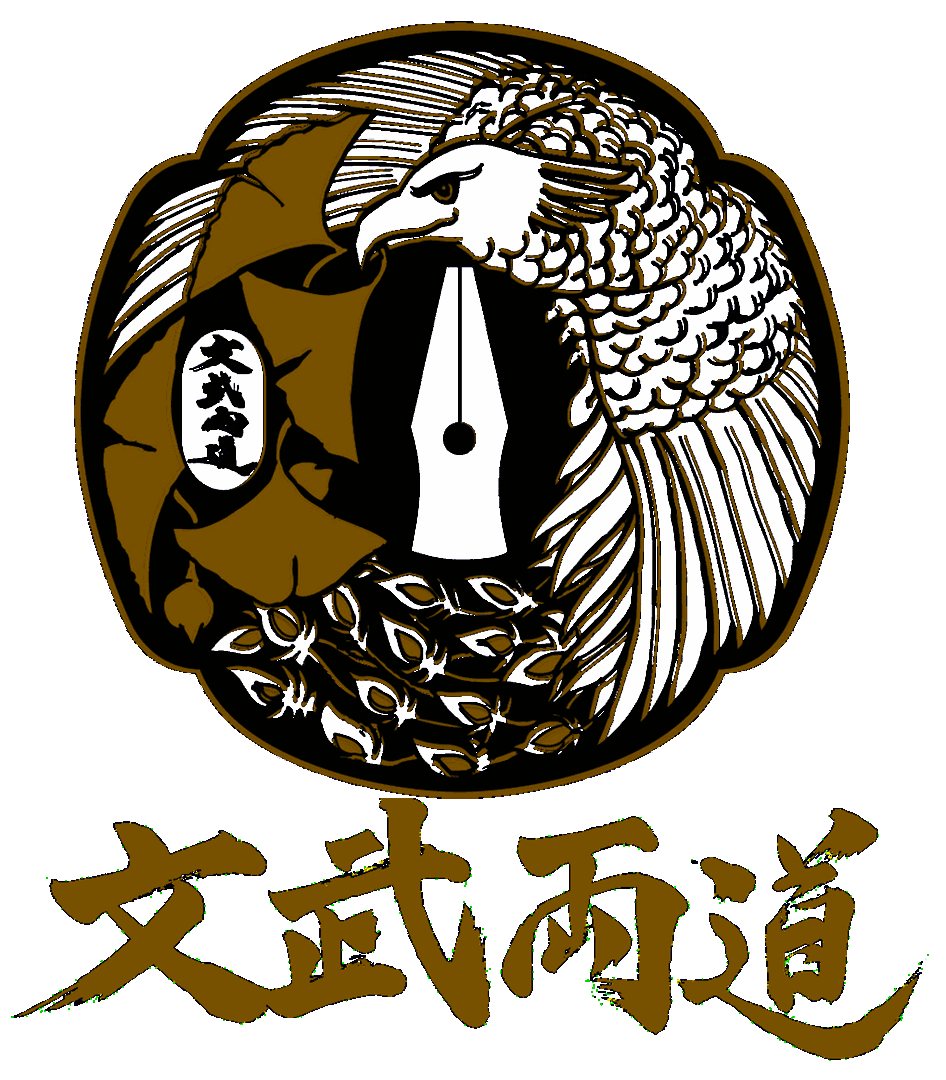So I didn’t pass, and that is a good thing.
The Easter weekend was partly spent in Melbourne attending the 45th AKC seminar and having a first attempt at a Kendo yondan examination. The seminar was important for two reasons. First was to meet the new requirement of all recognised Kendo instructors to attend a FIK Tier 1 (National-level) seminar to gain/maintain accreditation. The second was to take the opportunity to connect with the wider Australian kendo community and critically reflect on my own kendo practice and journey.
My preparation leading to this attempt over the past six months has been particularly sketchy. A new job starting at the end of last year, disruptions to training rhythms, and other challenges including niggling injuries have made it difficult to build the momentum up in relation to the type of consistency needed to demonstrate the sharpness required to be successful at a grading. One thing that I have always appreciated over my Kendo journey is that concessions are not made for “having done your time” with respect to gradings. You are either meeting the technical standard or you do not. So I was in good company, with only 6 of the 19 candidates for yondan making it through.
The benefit of this type of standards is that it gives you something clear to work towards. So whether you pass or not, you can continue to improve your kendo with that experience. One of the most valuable lessons from this is the development of resilience in the face of being unsuccessful, something that unfortunately is not normalised. It is not to say that it is not disappointing to not make it through. There will always be an element of having to sit with the realisation that you are still a distance away from the necessary standard and that if you are to be successful, then things need to change. This can feel like a hard barrier when there are many other things in your life clamouring for your time, focus and resources.
For me, step one is identifying the technical components I need to improve. Some are small details of process, to get them smooth and consistent now that they have been identified, like entering and exiting the shinsa-jo with the appropriate timing following the appropriate commands from the dojo steward. Some small things are a little more tricky, though still simple. The big one for me is the correct wearing of the men which was pointed out to me by one of the visiting hachidan from Japan. Incorrect eyeline, leading to incorrect posture, leading to too much tension in the body, leading to a lack of sufficient crispness in the cuts I made.
So, a seemingly simple fix? Save for having developed a habit of not knowing what correct feels like. And then there is more fundamental changes that need to be made to the style of play that is appropriate for the grade I am chasing. Part of this will come back to putting in the necessary physical “miles” to develop the speed, power and timing required.
The trick is to have a plan. And gather the resources necessary to be closer to success at the next opportunity. First step is mindfulness in practice. Making sure that some of the minor points are being thought about and checked each time. Being insistent (and persistent) that everything is worn correctly, continue to drill the correct stepping on and off, put the effort into every cut. Second step is to (re)build the physical foundations — aerobic fitness, speed and power drills, technical skills.
The next thing beyond the plan is to have accountabilities so that the plan can be enacted. People reminding you of what you have undertaken, people generously helping you with their own time and observation of your practice. People sharing the journey with you.
The third is to understand the trade-offs you make in order to reach those goals. In other words being mindful of what is important to you at any one time, and what needs to be focussed on first before other goals can be achieved. This is not a fixed list, and the order will swap around as time progresses. And while it may seem like at certain times there is very little choice about what you have to do, or the conviction you can put into it at any one time, you need to focus on what is in your scope of control and just focus on that first. Anything else is just a dilution of your ability to achieve anything.
I want to thank everyone that has been a part of my journey to this point. And to thank everyone who will be part of the next phase. As I keep saying to myself:
Gambareba dekiru to omoimasu
In doing your best you will get there.
Hope to see as many of you as I can over the next few months as I work on my own goals, and I hope that I can be a mutual support to achieving yours too!
